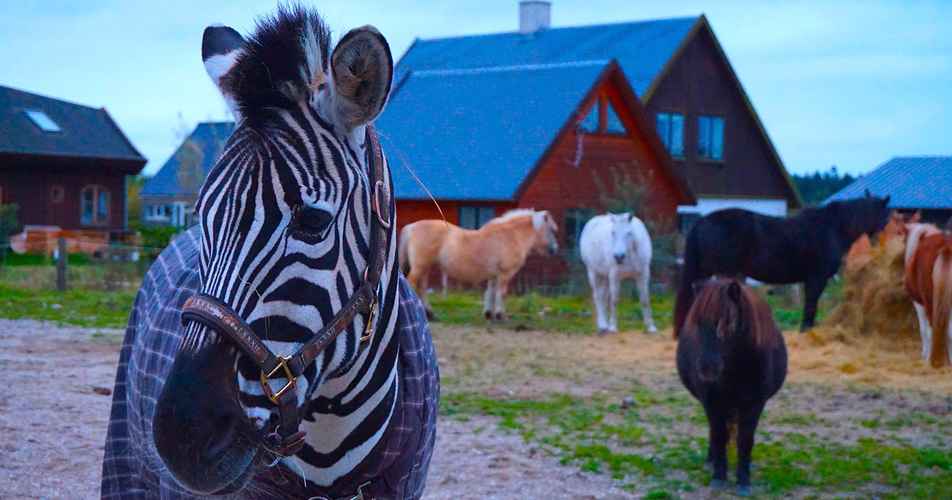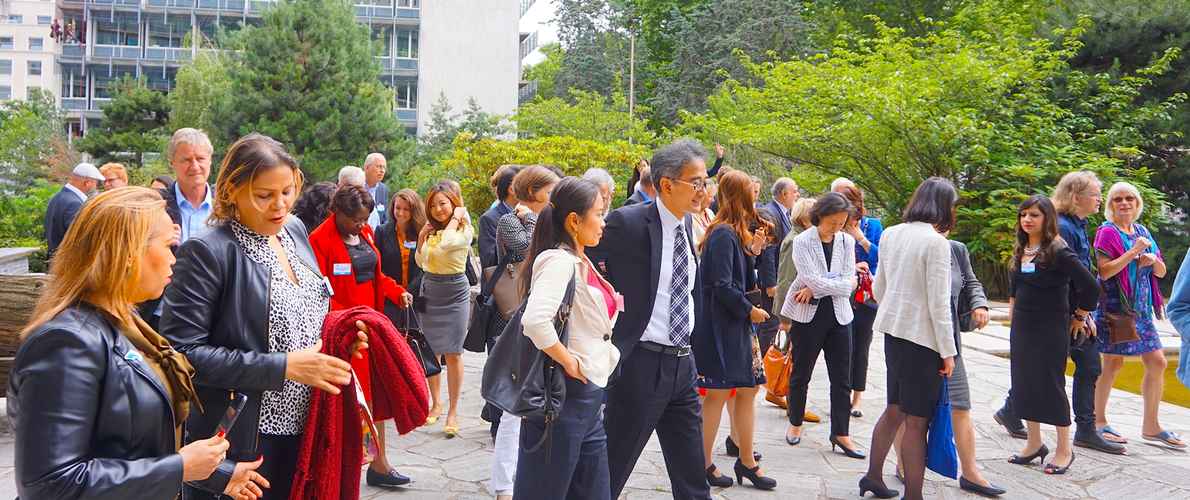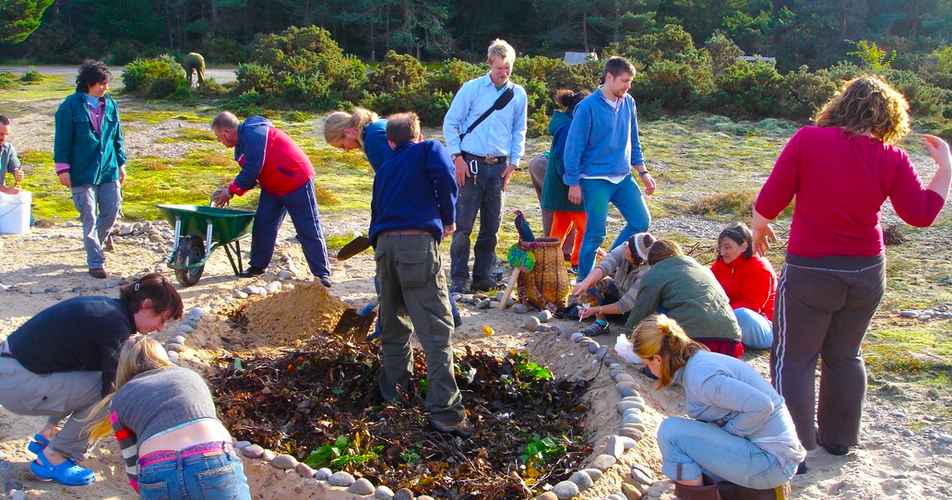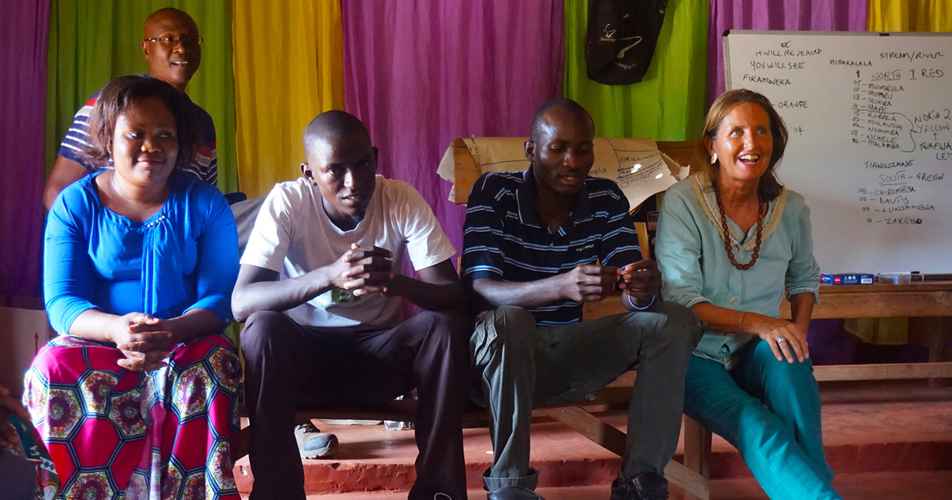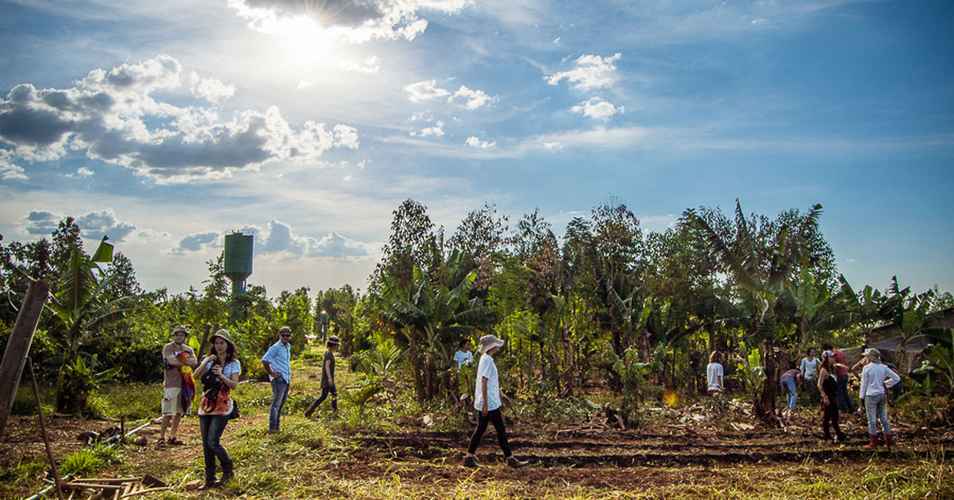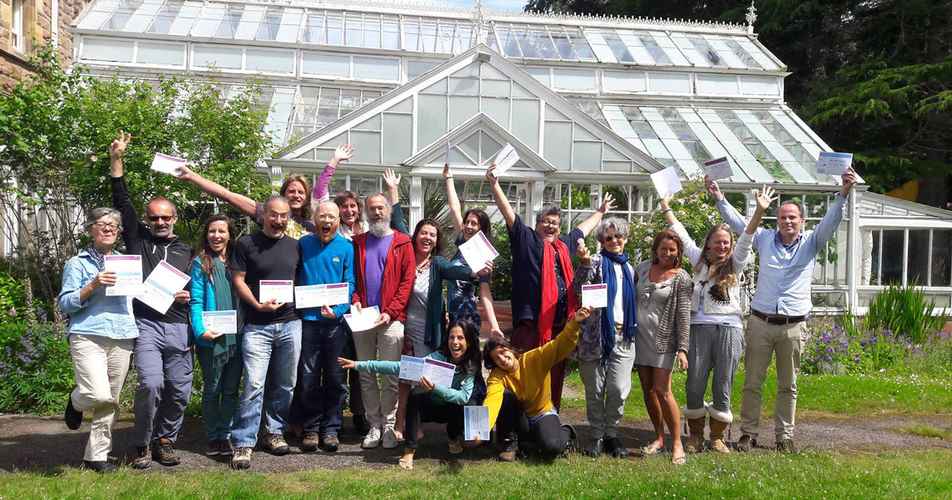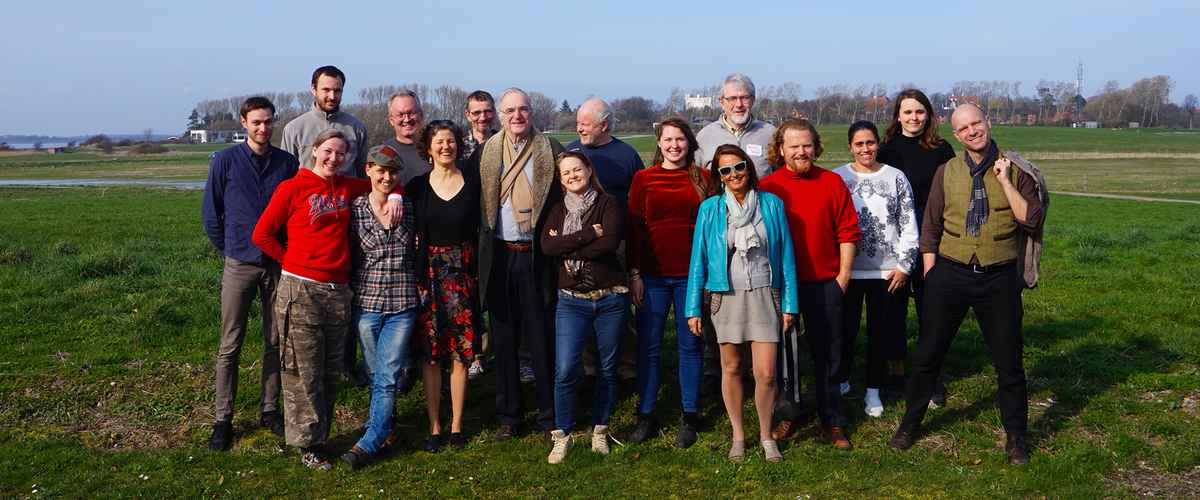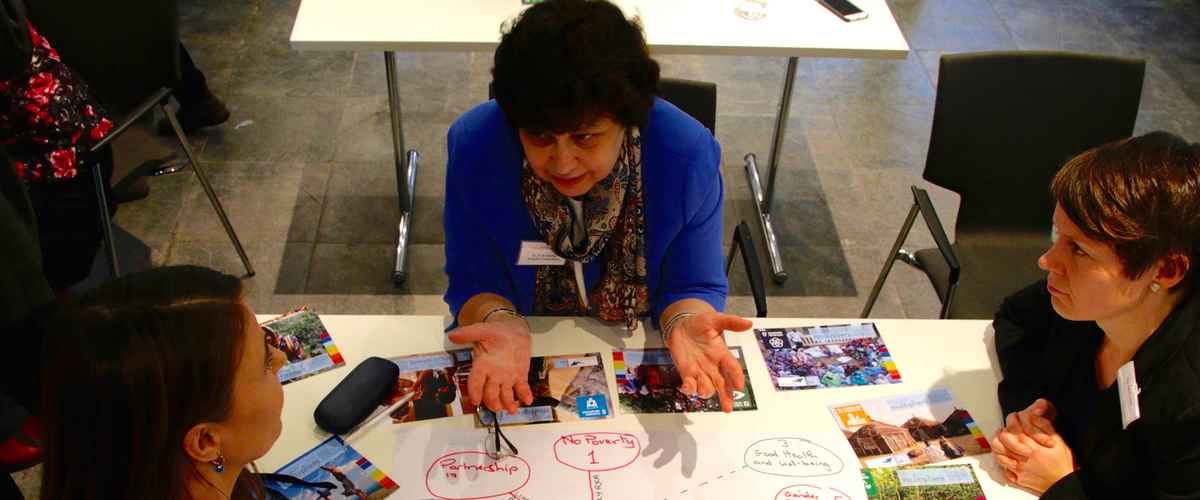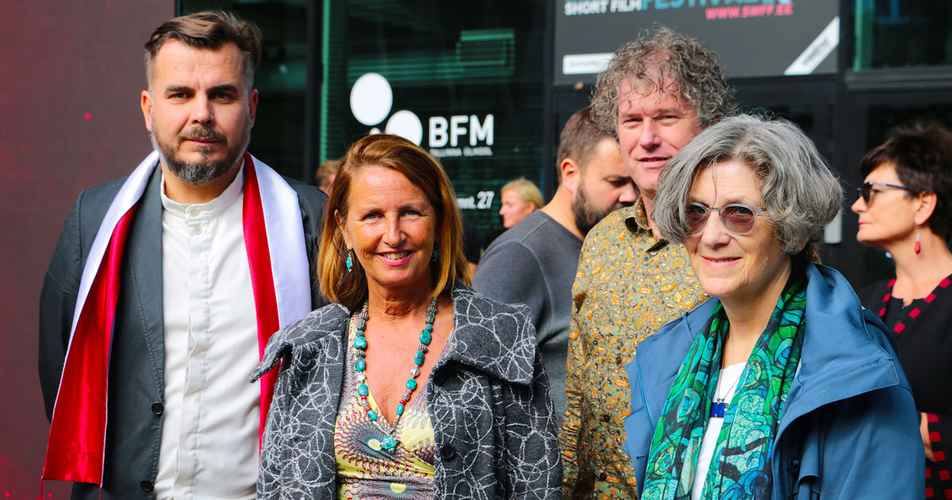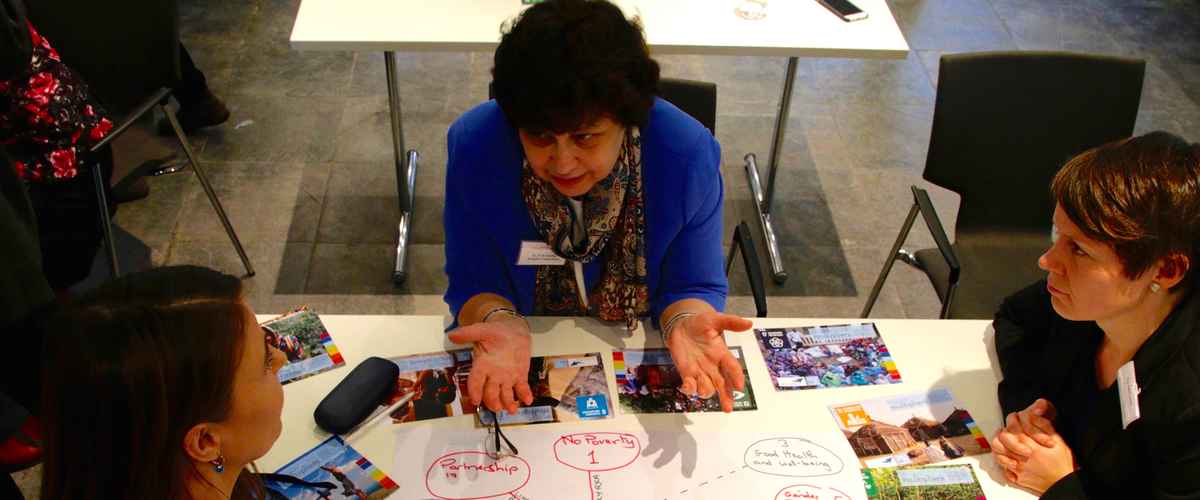News and Articles
English
Join our team!
We are hiring! Send in your application before 30 November to join our growing Edinburgh team or by the 10th December to join our global team.
Check out our vacancies page! We have two new positions advertised and are looking for enthusiastic individuals to join our team.
UNESCO launches mid-term report: “Education for Sustainable Development: Partners in Action”
The Global Action Programme mid-term report has been developed and is now available online.
UNESCO launched today the Global Action Programme on Education for Sustainable Development mid-term report, entitled “Education for Sustainable Development: Partners in Action”.
It includes infographics illustrating key achievements at the halfway mark of the GAP, based on GAP 90 Key Partners’ contributions.
The Global Action Programme (GAP) on Education for Sustainable Development (ESD) is a concr…
The School Garden
Sewing the Sustainable Development Goals into the grounds of Education. Exploring the benefits that can be unleashed when a school garden combines with the classroom, a non negotiable way to imbibe the fundamental underpinning of all the SDGs into education.
The UN’s Sustainable Development Goals aim to end poverty, food insecurity, inequality, prejudice, exclusion and environmental degradation while fostering among all humans the belief in global citizen…
Funding granted by Scottish Government to Youth-led Regenerative Farming and Income Generation project in Zambia
Our students create transformational change around the world. Join the next round of the Gaia Education Design for Sustainability online courses.
By Giovanni Ciarlo
I am often asked: who takes the Gaia Education courses? Where do they come from? And, what can they do with the learning?
The answers actually amaze me, and they should also impress anyone looking for new skills and ways of thinking globally while acting locally.
In the 2016-17 online Gaia Education Design for Sustainability …
GEDS Graduates design skills applied in the wider complexity of bioregions
Our students create transformational change around the world. Join the next round of the Gaia Education Design for Sustainability online courses.
By Giovanni Ciarlo
I am often asked: who takes the Gaia Education courses? Where do they come from? And, what can they do with the learning?
The answers actually amaze me, and they should also impress anyone looking for new skills and ways of thinking globally while acting locally.
In the 2016-17 online Gaia Education Design for…
Welcoming a new generation of Gaia Education Certified Trainers
Gaia Education starts a new term with a new generation of certified trainers who have completed the learning journey. Join a ToT and become a trainer yourself!
By Ginny Gegg |
As migratory geese fly southwards in preparation for the colder months, our own flock of GEESE is returning for the beginning of this term and their numbers have increased. We extend a warm welcome to a new generation of Gaia Education Certified Trainers with a renewed set of competences, knowledge and sk…
Regional development as the third wave of eco-social innovation
Tackling environmental, economic and social challenges with new viable alternatives.
By Daniel Wahl.
All around us environmental, social and economic crises are converging at local, regional and global scales. It is becoming self-evident that the side effects of the globalising, neoliberal development model are neither good for most people nor the planet. Something needs to change. The writing has been on the wall for a number of decades, and the number of people involved in protot…
SDGs Training for Multipliers
Hosted by the Scottish Council for Voluntary Organisations and Gaia Education. 26th September 2017, Hayweight House, Edinburgh. Register now.
The Gaia Education Team |
This is to invite you to join the vitally important conversation about how to accelerate the implementation of the United Nations’ 17 Sustainable Development Goals (SDGs) at the local and regional scale in ways that are carefully adapted to the bio-cultural uniqueness of your community.
The training is based on a se…
Celebrating the signing of an MoU between Gaia Education and Tallinn University
Gaia Education signs a Memorandum of Understanding with Tallinn University to offer the first 4-year bachelor degree transcending our 4D curriculum.
The 1st September marked both the beginning of a new Academic Year in Estonia and the signing of an MoU between GaiaEducation & Tallinn University.
A milestone of years of collaboration between Gaia Education and a whole generation of Estonian educators, designers and practitioners including Toomas Trapido, Sven Aluste, Rinu Lepa, Marit Otsing…
Transforming Our World: The United Nations Sustainable Development Goals
An invite for you to join the United Nations’ 17 Sustainable Development Goals (SDGs) training in New York.
The ‘SDG Flashcards’ contain more than 200 questions structured into the four dimensions of Gaia Education’s whole systems approach to sustainability (social, ecological, economic and worldview).
Participants will explore these four dimensions of each of the 17 SDGs in question-focused small group conversations aimed at collaboratively identifying actions and strategies that …


